Children in Moral Danger and the Problem of Government in Third Republic France
By exploring how children and their families became unprecedented objects of governmental policy in the early decades of france's third republic, sylvia schafer offers a fresh perspective on the self-fashioning of a new governmental order. In the aftermath of the franco-prussian war, social reformers claimed that children were increasingly the victims of their parents' immorality. Schafer examines how government officials codified these claims in the period between 1871 and 1914 and made the moral status of the family the focus of new kinds of legislative, juridical, and administrative action. Although the debate on moral danger in the family helped to articulate the young republic's claim to moral authority in the metaphors of parenthood, the definition of moral endangerment" remained ambiguous. Schafer shows how public authorities reshaped their agenda and varied their remedies as their schemes for protecting morally endangered children broke down under the enduring weight of this ambiguity.
{{comment.content}}
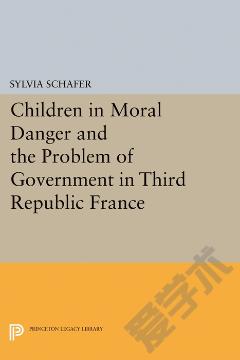

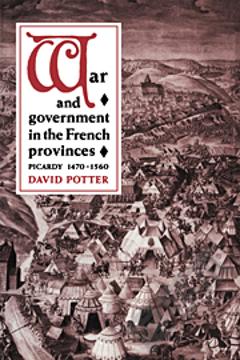
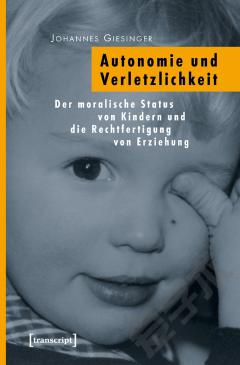
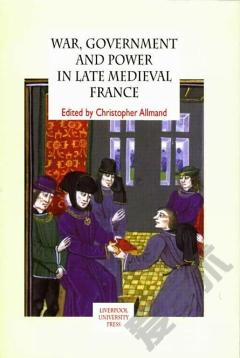
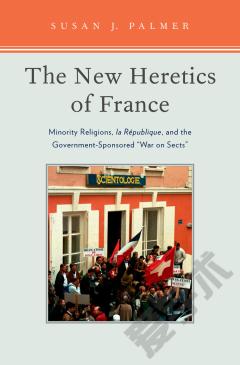


 京公网安备 11010802027623号
京公网安备 11010802027623号